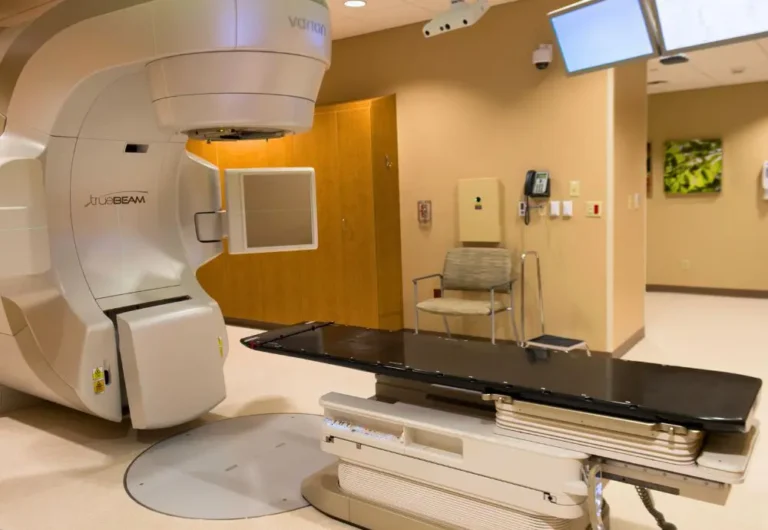The focus of the second blog in the colon cancer series has a focus on preventive aspects of colorectal cancer. A third blog looking at pharmacalogical prevention of colon cancer will follow later this year.
– Physical activity: Regular physical activity through either work or leisure appears to reduce the risk of colon cancer by almost a third when comparing the least physically active to the most active individuals.
– Fruits, vegetables,red meat and animal fat: There are a number of studies which have shown a mild protective effect of fruit and vegetable consumption. Excessive consumption of fruits and vegetables does not seem to better than what is offered in a balanced diet (an apple a day seems to be adequate). A diet low in red meat and animal fat also appears to have protective benefit independent of fruit and vegetable consumption. However, it has to be pointed out that there was one large study which did not show a clear benefit of fruit and vegetable consumption regarding the risk of colorectal cancer.
– Dietary fiber: There is some controversy regarding the benefits of dietary fiber and colon cancer risk. However in a recent large review of 25 studies it was concluded that high intake of dietary fiber, in particular cereal fiber and whole grains, was associated with a reduced risk of colorectal cancer.
– Folic acid and folate: It is not clear if there is a role for folate (which is food-derived) or synthetic folic acid used in food supplements in the prevention of colon cancer. There was one large study suggesting a reduced colon cancer risk for individuals taking 800 mcg of folate or more per day. However, other studies did not confirm any benefit of folic acid with one study even raising the question of increased colon cancer risk with folic acid supplementation.
– Vitamin B6: There is a modest association between higher Vitamin B6 intake and decreased colorectal cancer risk.
– Calcium: There are several large studies which suggest that high calcium intake either through supplements or dietary intake reduces the risk of colorectal cancer. Calcium supplementation may be effective in reducing the risk of colorectal adenomas which are benign growths which later can turn into cancer. Calcium supplementation is recommended by the American Society of Gastroenterology to prevent colon adenomas.
– Vitamin D: A number of studies have shown an association between low Vitamin D blood levels and increased colorectal cancer risk. However the data regarding the benefits of Vitamin D supplementation in preventing colorectal cancer have been conflicting and there are important studies ongoing trying to answer this question.
– Magnesium: Based on a large study from Scandanavia with more than 60,000 participants, there appears to be a signal that higher magnesium intake is associated with a reduced risk of colon and rectal cancer.
With summer upon us, let’s celebrate with lots of physical activity and don’t forget that apple a day!








